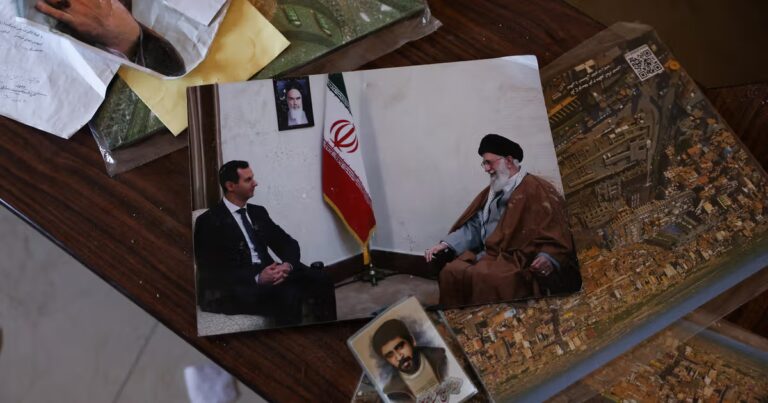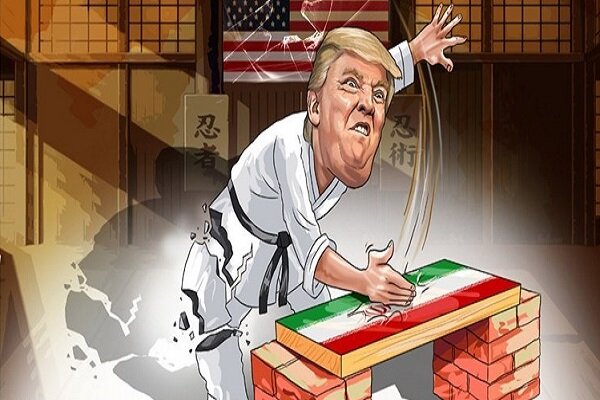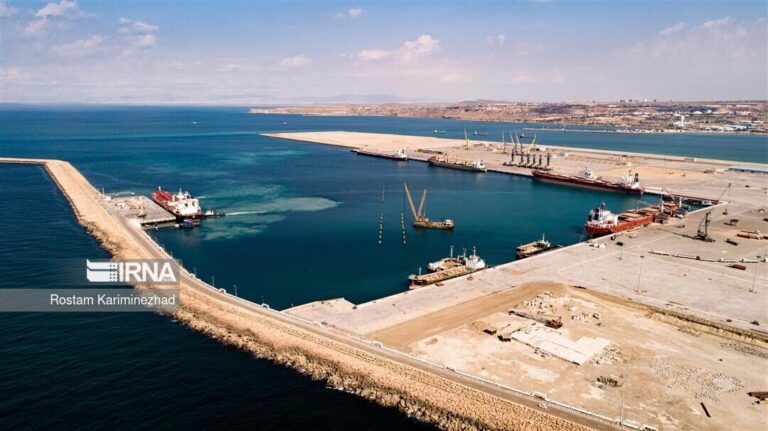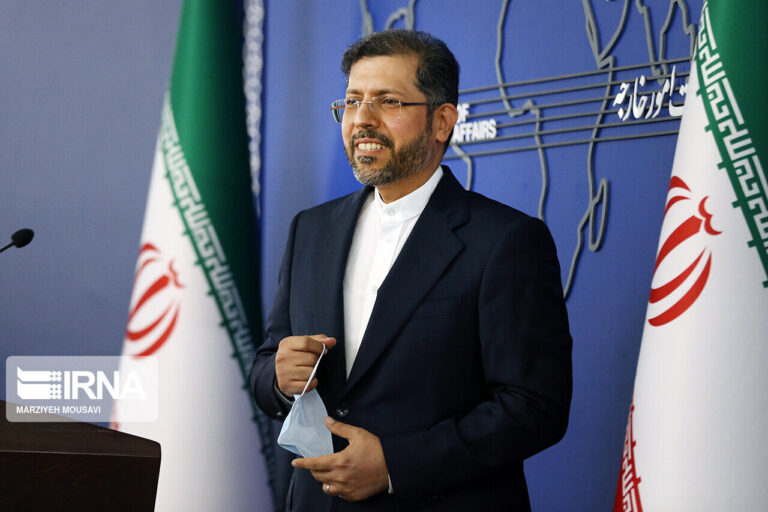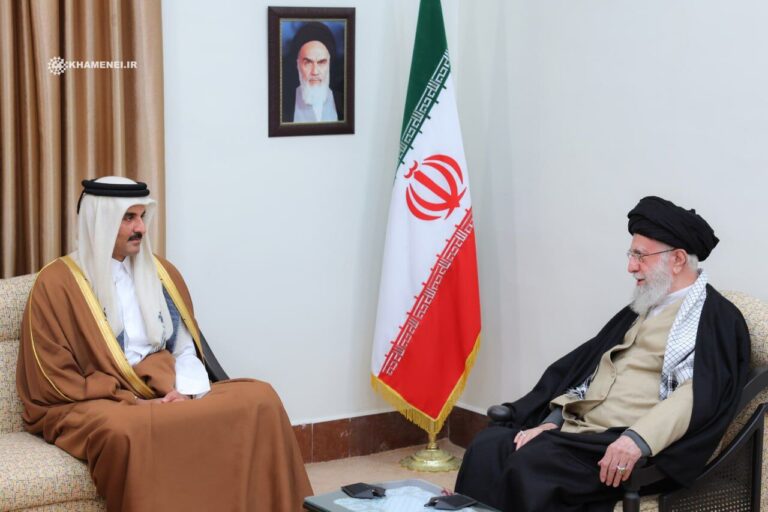Iran Moves Forward with Conditional Approval of Palermo Convention Accession
Iran’s recent decision regarding the Palermo Convention marks a significant turning point in the nation’s ongoing efforts to align with the Financial Action Task Force (FATF) standards. This pivotal move could potentially pave the way for Iran to exit the international money laundering blacklist and restore its access to global banking systems, contingent upon the lifting of Western sanctions.
The Expediency Council of Iran has conditionally approved the country’s accession to the Palermo Convention, which is one of the two critical legislative measures associated with FATF standards aimed at combating money laundering and the financing of terrorism. This decision was communicated through a brief statement by the council’s spokesman, Mohsen Dehnavi, who noted that the approval is “within the framework of the Constitution and domestic laws.”
This conditional approval is viewed as a cautious step toward fulfilling FATF requirements, although it does not represent a complete endorsement of the measures. Furthermore, the council confirmed that discussions regarding the related Countering the Financing of Terrorism (CFT) bill will be carried forward in future sessions.
- Key Points of the Conditional Approval:
- The Expediency Council has approved Iran’s accession to the Palermo Convention.
- The decision is framed within Iran’s Constitution and domestic laws.
- Ongoing discussions regarding the CFT bill are anticipated.
However, this decision has not come without its challenges. There is strong opposition from over 150 hardline lawmakers who last month urged the council to reject both conventions. In a letter addressed to Expediency Council chairman Sadeq Amoli Larijani, these lawmakers argued that any form of approval, whether conditional or otherwise, should be postponed until the risks associated with the UN “snapback” sanctions mechanism are completely mitigated.
The snapback mechanism, which can lead to the automatic reimposition of UN sanctions under the 2015 nuclear deal, is set to expire in October 2025 unless a signatory triggers it. This provision has been a point of contention among Iranian lawmakers, with concerns that even limited compliance with FATF standards could expose Iran to external pressures and economic penalties.
Despite Larijani’s recent hints that conditional approval might be a feasible route, conservative members of parliament remain apprehensive. They believe that any acceptance of external standards could compromise Iran’s sovereignty and lead to unwanted repercussions.
The FATF has maintained Iran on its blacklist primarily due to the country’s failure to adopt internationally recognized standards regarding money laundering and terrorist financing. As Iran navigates these complex legislative waters, the implications of these decisions will be significant not only for its economy but also for its international relations.
In summary, Iran’s conditional approval to join the Palermo Convention is a significant development in its efforts to align with global financial standards. While this move could facilitate access to international banking systems and improve economic conditions, it also faces significant internal resistance. The coming months will be critical as discussions around the CFT bill continue and the government seeks to balance compliance with international expectations against domestic political pressures.
As Iran moves forward, stakeholders will be closely monitoring how these legislative decisions will impact the nation’s standing in the global economy and its relations with Western countries. The complexities surrounding the FATF requirements, combined with internal political dynamics, create a challenging landscape for Iran as it seeks to enhance its financial legitimacy on the world stage.
Ultimately, the outcome of these discussions and the eventual implementation of necessary reforms will play a crucial role in determining Iran’s future economic prospects and its ability to reintegrate into the global financial system.


